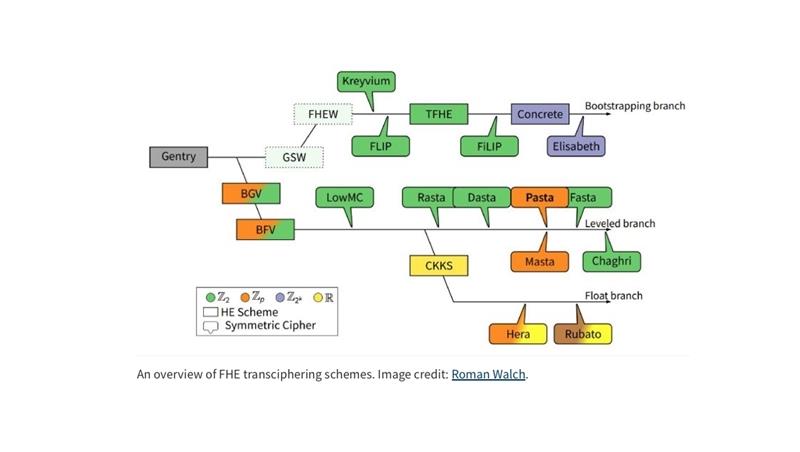Sarà possibile seguire l'evento sulla piattaforma Link identifier #identifier__143020-1Microsoft Teams
Abstract: Modern cryptography has developed many techniques that go well beyond solving traditional confidentiality and authenticity problems in two-party communication. This includes Multi-Party Computation (MPC), Fully Homomorphic Encryption (FHE), and Zero-Knowledge proofs (ZK), among others. MPC allows different users, that do not necessarily trust each other, to evaluate a function on a shared secret without revealing it. FHE allows a user to operate on encrypted data without decrypting them. Finally, ZK is a technique that allows to authenticate a secret information without disclosing it. Just as an example of a concrete application, ZK protocols are crucial for guaranteeing the transparency of public blockchains such as Bitcoin and Ethereum.
In order to work, such protocols rely on the evaluation of symmetric cryptographic primitives, such as pseudorandom functions (PRFs), symmetric encryption schemes, or hash functions, whose details have a big impact on the performances of the considered applications. For this reason, several dedicated MPC-/ZK-/FHE-friendly symmetric primitives over prime fields have recently appeared in the literature.
In this presentation, we first discuss the features that a symmetric primitive should satisfy in order to be competitive in MPC-/FHE-/ZK-applications, comparing them with the ones of ”traditional/classical” symmetric schemes (such as AES or Keccak/SHA-3). After that, we will present some concrete examples of MPC-/FHE-/ZK-friendly symmetric primitives published in the literature, including:
- the MPC-friendly block ciphers MiMC (ASIACRYPT2016) and Hades MiMC (EUROCRYPT 2020);
- the ZK-friendly hash functions Rescue (FSE/ToSC 2020) and Poseidon (USENIX 2021);
- the FHE-friendly stream cipher Rasta (CRYPTO 2018).



